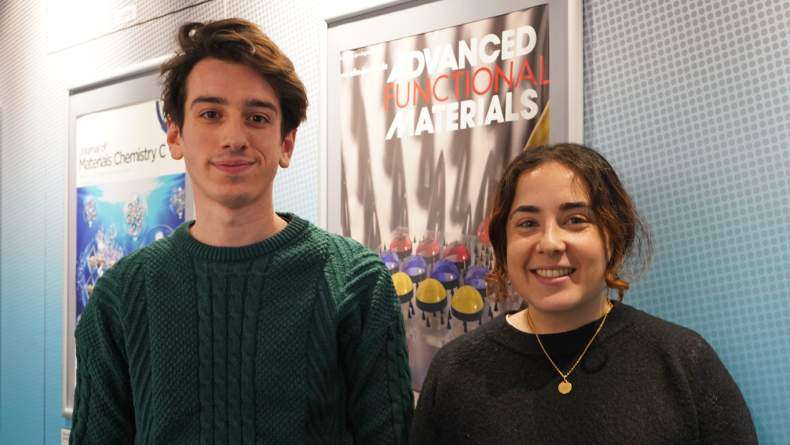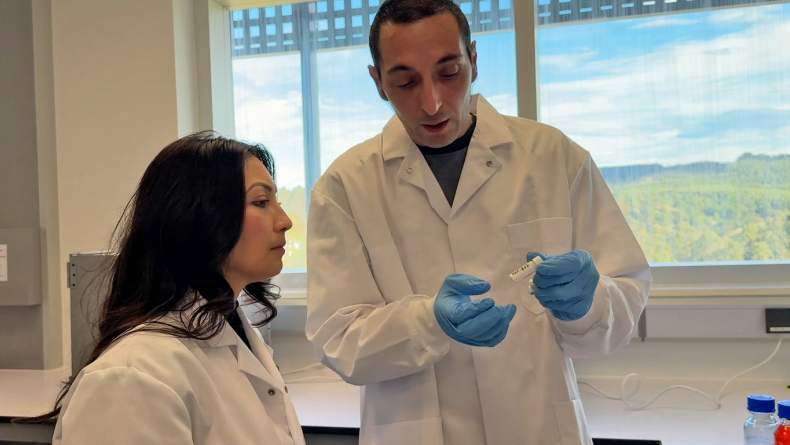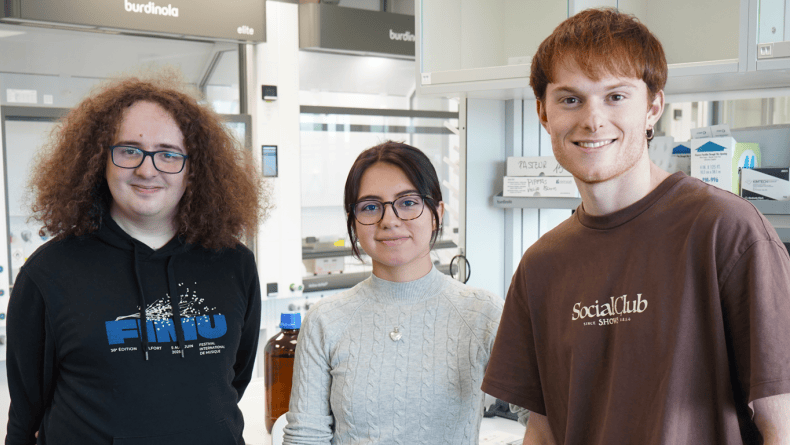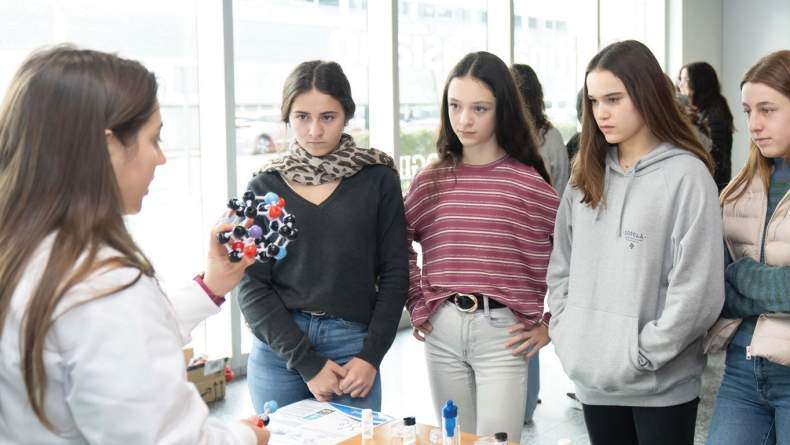BCMaterials invited talks: Unai Silvan
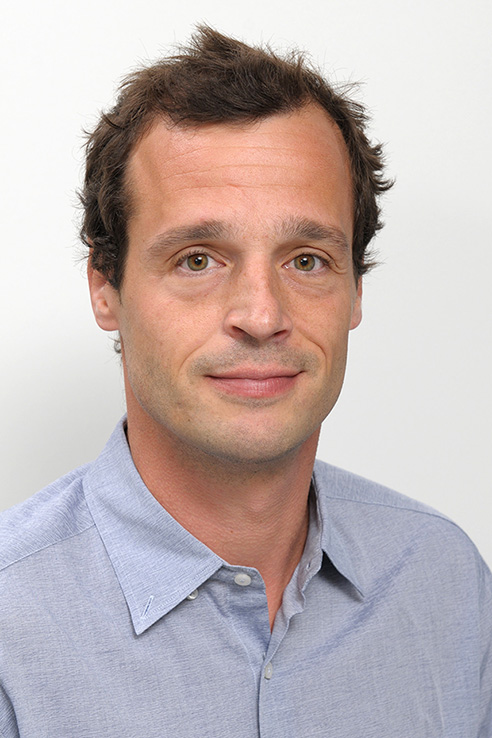
Protein assembly guides the response of cells to compliant biomaterials
Unai Silvan Department of Health Sciences and Technology, ETHZ & University of Zürich (Department of Orthopedics)
Cell behavior is strongly determined by the mechanical cues arising from the microenvironment. The mechanism by which cells sense and respond to material rigidity involves the generation of oscillating pulling forces through cell-substrate adhesions, which transmit the tension to the actin cytoskeleton and drive the activation of cell-specific signaling pathways that determine cell fate. Understanding these cell-material interactions requires accurate characterization of the substrate mechanical properties, which are generally measured by indentation-type atomic force microscopy (IT-AFM). Nevertheless, the topographical and mechanical properties of the extracellular matrix coatings used to promote cell adhesion, and their impact on the cell response, remain insufficiently studied. With this in mind, our research focuses on how protein configuration at the nano- and macro-scales, affects the response of cells to soft substrates. Our results demonstrate that protein assembly, either surface-driven or spontaneous, can overwrite the bulk properties of compliant biomaterials, and ultimately determine the response of cells adhering to them. Our data further evidences the need for new approaches for the functionalization and for the mechanical characterization of cell instructive biomaterials.
 |
Unai Silvan Department of Health Sciences and Technology, ETHZ & University of Zürich (Department of Orthopedics) |
Unai Silvan is a Group Leader in Sarcoma Research and Cell Biomechanics at the Swiss Federal Institute of Zürich (Department of Health Sciences and Technology, ETHZ) and the University of Zürich (Department of Orthopedics). After receiving his Bachelor degree in Biochemistry from the University of the Basque Country, Dr. Silvan joined the Laboratory of Stem Cells, Development & Cancer at the Faculty of Medicine (University of the Basque Country) for his doctoral studies. During his PhD he established a new animal model for the study of testicular cancer and analyzed the impact of hypoxia in the progression of these tumors. He then joined the Maurice E. Müller Institute for Structural Biology at the University of Basel (Switzerland) to study supramolecular actin structures and associated factors, and their relationship with cell function, including cancer invasion. In 2012, Dr. Silvan moved to the Laboratory of Orthopedic Biomechanics at the Institute for Biomechanics (ETH Zürich) as a Group Leader to conduct a number of basic and translational research lines related to the biophysical properties of cells and their interaction with biomaterials. In parallel, in 2016 he was appointed to be Leader of Sarcoma Research Unit at the Balgrist Campus (University of Zürich).
Related news
Sara Martín y Stefano Lunghi, nuevos investigadores de BCMaterials
Desde BCMaterials damos la bienvenida a dos nuevas personas que integran nuestro personal investigador. Se trata de Sara Martín Iglesias, investigadora post-doctoral en la línea de Materiales Activod...Nanomateriales para la descontaminación y valorización de aguas
Personal científico de BCMaterials desarrolla nanomateriales de última generación, combinados con membranas poliméricas de origen natural, destinados a la descontaminación y revalorización de aguas....Tres nuevos investigadores se incorporan a BCMaterials
El nuevo año ha traído a BCMaterials la incorporación de tres nuevos jóvenes científicos a su equipo. Se trata de los investigadores predoctorales Karen Cano y Mikel Russo y el investigador...Actividades de BCMaterials en Emakumeak Zientzian
Este año se cumple el 10º aniversario del comienzo de la iniciativa Emakumeak Zientzian, que reúne a más de 30 entidades vascas organizadoras de actividades de divulgación científica con motivo de la...
